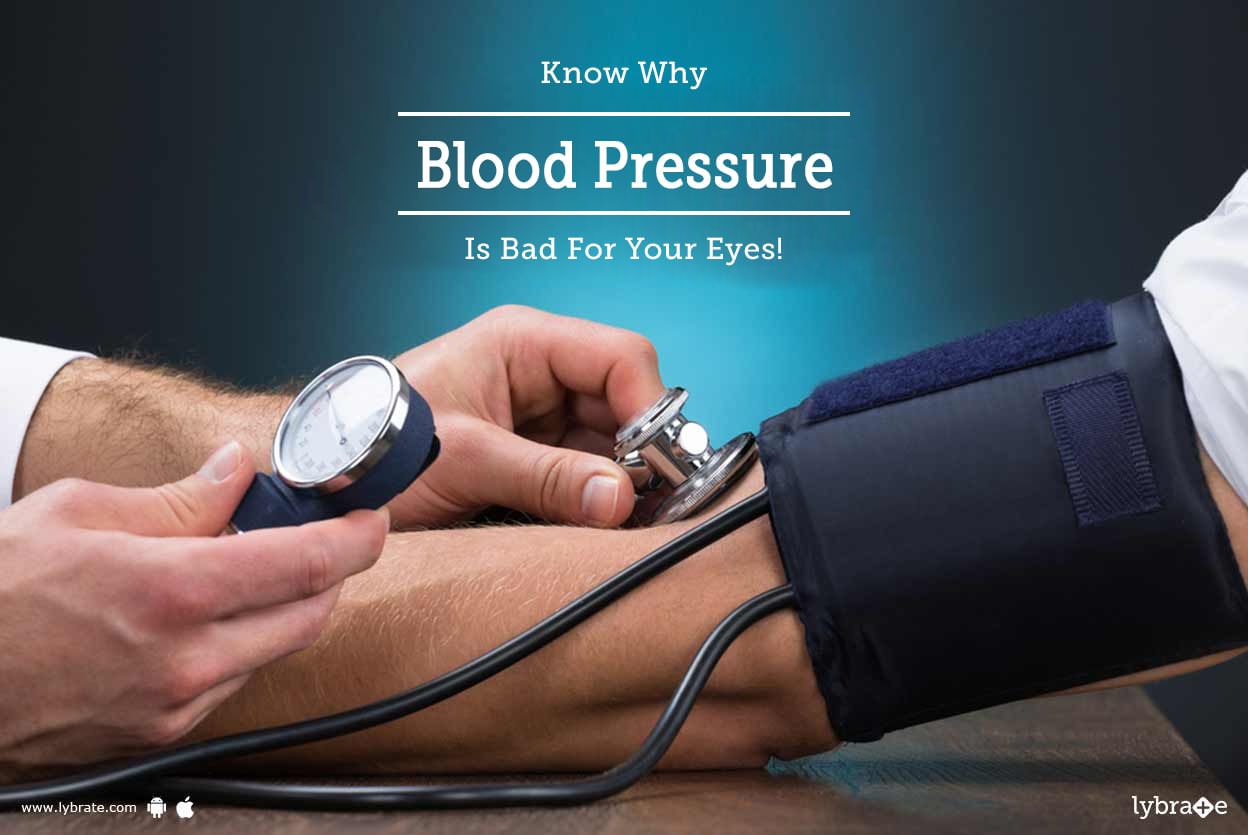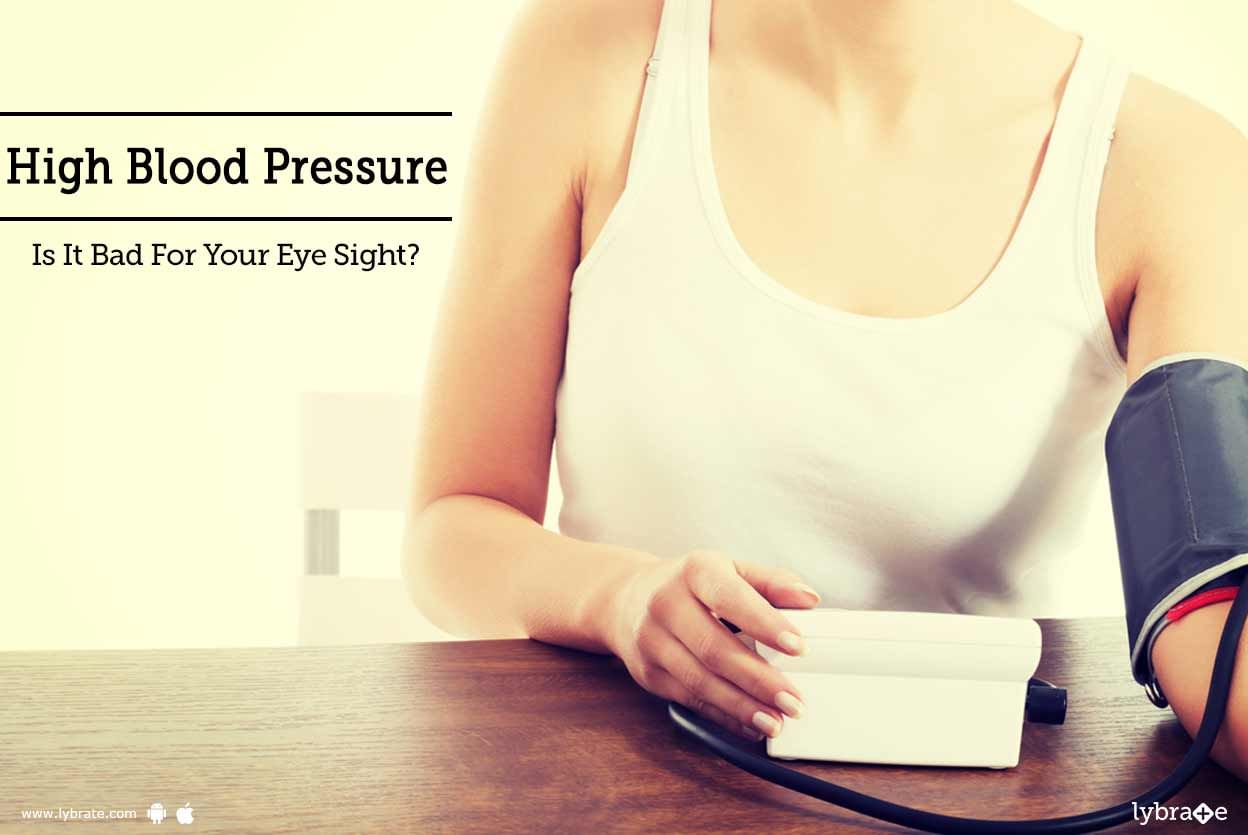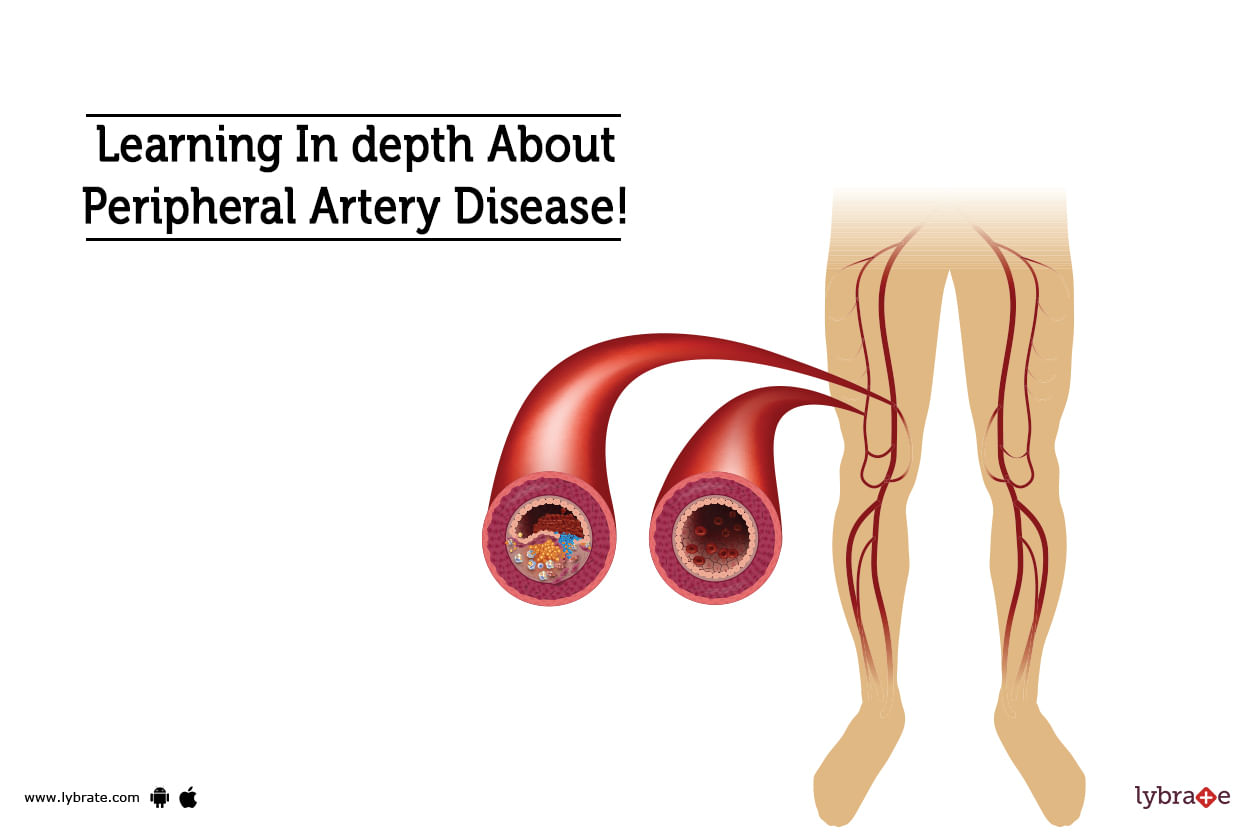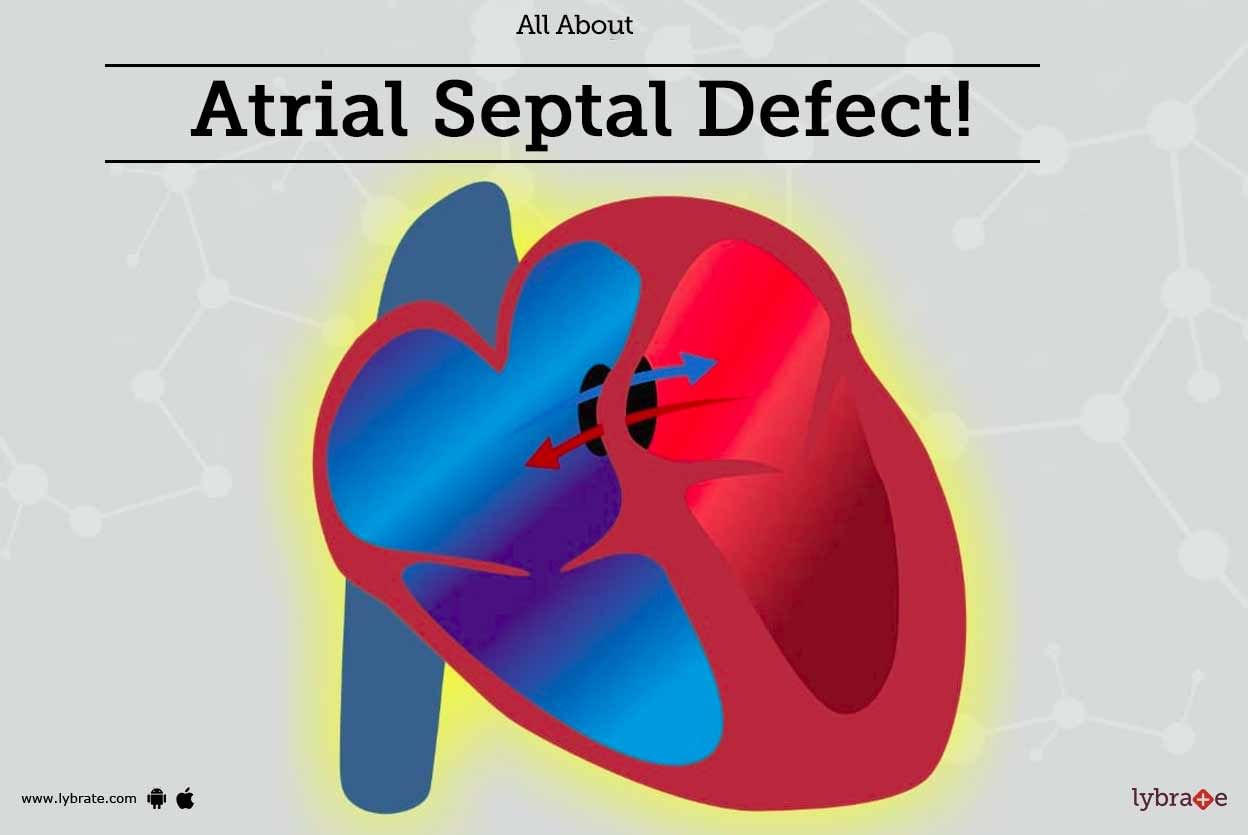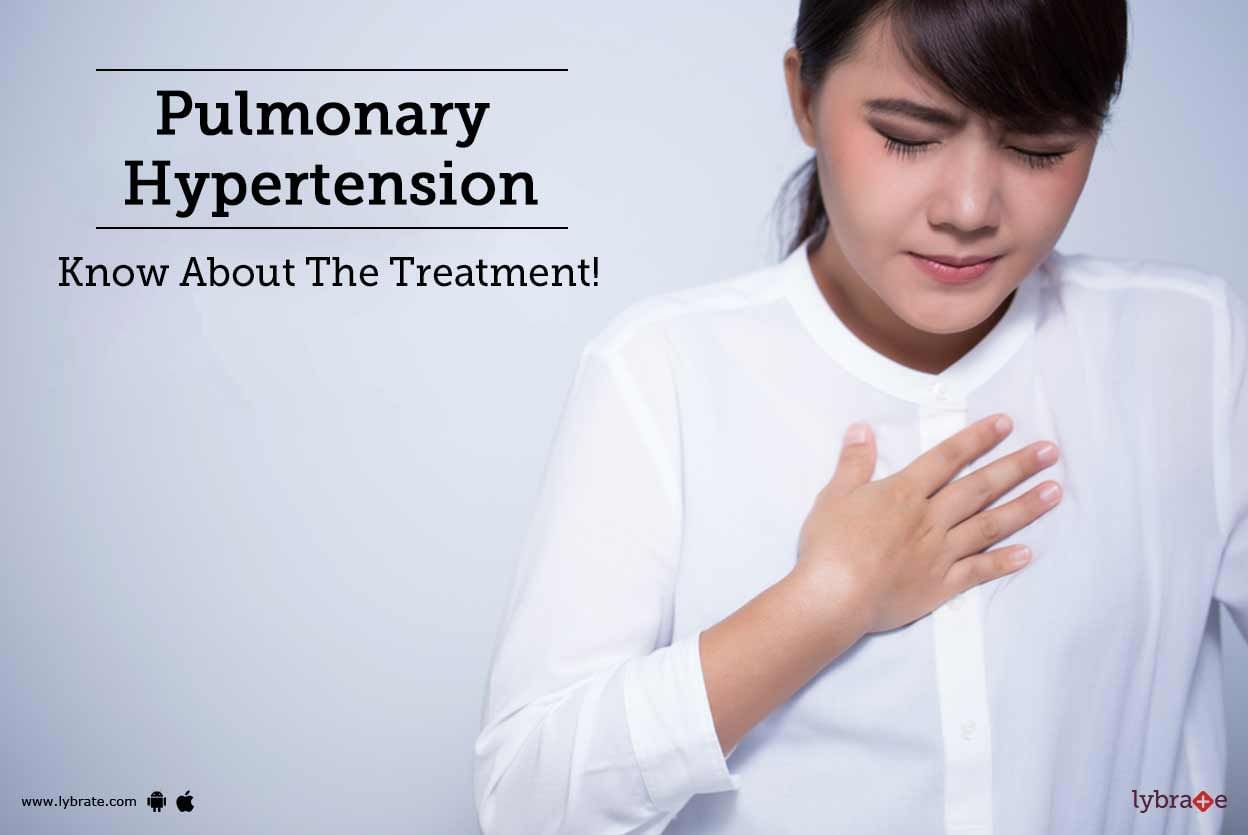Get the App
For Doctors
Login/Sign-up
About
Health Feed
Find Doctors
Health Packages
AllQ&AsTipsQuizzes
Hypertensive Retinopathy Tips
Last Updated: 4 years ago• Featured Tip
Share
Bookmark
Report
Dermatologist•Delhi
Hypertension is a killer disease whose symptoms develop late when the damage is in advanced stages. Hypertensive Retinopathy is one such disease.
It damages the retina of eyes. Since retina is responsible for vision formation, Hypertensive Retinopathy can result in loss of vision. It is of grave concern that in most cases, Hypertensive Retinopathy is diagnosed later.
This is due to the fact that there are often no symptoms in the early stages of the disease. In some cases, wher...more
It damages the retina of eyes. Since retina is responsible for vision formation, Hypertensive Retinopathy can result in loss of vision. It is of grave concern that in most cases, Hypertensive Retinopathy is diagnosed later.
This is due to the fact that there are often no symptoms in the early stages of the disease. In some cases, wher...more
Last Updated: 6 years ago• Featured Tip
Share
Bookmark
Report
High blood pressure can lead to hypertension, which is known to cause a variety of debilitating side effects or symptoms in the life of the patient. It can also lead to a number of related ailments which can affect the various organs of the body. The eyes are one of the organs that are most susceptible to this kind of spike in the body s blood pressure. Let us learn more about the connection between the two.
Retina: When high blood pressure goes untreated for a prolonged period, it can ...more
Retina: When high blood pressure goes untreated for a prolonged period, it can ...more
Last Updated: 7 years ago• Featured Tip
Share
Bookmark
Report
High blood pressure can lead to hypertension, which is known to cause a variety of debilitating side effects or symptoms in the life of the patient. It can also lead to a number of related ailments which can affect the various organs of the body. The eyes are one of the organs that are most susceptible to this kind of spike in the body s blood pressure. Let us learn more about the connection between the two.
Retina: When high blood pressure goes untreated for a prolonged period, it can ...more
Retina: When high blood pressure goes untreated for a prolonged period, it can ...more
Last Updated: 7 years ago• Featured Tip
Share
Bookmark
Report
High blood pressure can lead to hypertension, which is known to cause a variety of debilitating side effects or symptoms in the life of the patient. It can also lead to a number of related ailments which can affect the various organs of the body. The eyes are one of the organs that are most susceptible to this kind of spike in the body s blood pressure. Let us learn more about the connection between the two.
Retina: When high blood pressure goes untreated for a prolonged period, it can ...more
Retina: When high blood pressure goes untreated for a prolonged period, it can ...more
Last Updated: 5 years ago• Featured Tip
Share
Bookmark
Report
Peripheral Artery Disease (PAD) is a disease of blood vessels that are located outside the heart and brain. The condition develops due to fatty deposits in the arteries and veins that stops the blood flow to the heart and mind as the case may be. It narrows the artery and restricts the blood flow, which causes problems to other organs of the body such as kidney, liver, and stomach.
Symptoms of Peripheral Artery Disease-
Peripheral Artery Disease is the most common type of condi...more
Symptoms of Peripheral Artery Disease-
Peripheral Artery Disease is the most common type of condi...more
Last Updated: 5 years ago• Featured Tip
Share
Bookmark
Report
We all know about the heartbeat, which is produced by the opening and closing of the valves in the heart, which in turn controls our blood flow. There is a regular pattern to this beat, and when, due to various reasons, it becomes irregular, it is known as arrhythmia. Atrial fibrillation, known shortly as AFib, is one of the common types of arrhythmia.
Why AFib: The heart has an electrical impulse system, which controls the opening/closing of its valves. Due to various changes, be it li...more
Why AFib: The heart has an electrical impulse system, which controls the opening/closing of its valves. Due to various changes, be it li...more
Last Updated: 5 years ago• Featured Tip
Share
Bookmark
Report
As the nomenclature appears to indicate, Arrhythmia is a condition where the heartbeat of the affected person does not conform to the rhythm it is designed for. But there are cases of Arrhythmia where the normal heartbeat is available as well. The underlying causes of the condition can be many, including a disorder in the coronary artery and the person having suffered a heart attack or undergone heart surgery. The irregular heartbeat is medically referred to as fibrillation.
The fact is...more
The fact is...more
Last Updated: 5 years ago• Featured Tip
Share
Bookmark
Report
Ayurvedic Doctor•Chennai
Headaches are one of the most common symptoms experienced by most people. While a headache is not a disease per se, it is a manifestation of some underlying disease and can affect the quality of life. The underlying cause could range from something as innocuous as a hunger headache to a slightly more severe one like migraines to underlying neurological and vascular conditions like temporal arteritis. Common forms including a sinus headache, tension headache, cluster headaches, and migraines.
more
more
Last Updated: 5 years ago• Featured Tip
Share
Bookmark
Report
MBBS, MD - Internal Medicine, Senior Res...read more
General Physician•Patna
Headache is a pain in any part of the head, including the scalp, upper neck, face (including the eye area).
A primary headache is caused by problems with or overactivity of pain-sensitive structures in your head. A primary headache isn't a symptom of an underlying disease.
What are the causes and triggers?
The three most common causes of a primary headache are:
Cluster headache
Tension-type headache
Migraine
Some primary headaches can be triggered ...more
A primary headache is caused by problems with or overactivity of pain-sensitive structures in your head. A primary headache isn't a symptom of an underlying disease.
What are the causes and triggers?
The three most common causes of a primary headache are:
Cluster headache
Tension-type headache
Migraine
Some primary headaches can be triggered ...more
Last Updated: 5 years ago• Featured Tip
Share
Bookmark
Report
MBBS, MD - Paediatrics, FNB Pediatric Ca...read more
Pediatric Cardiologist•Delhi
An Atrial Septal Defect is present at birth (congenital heart disease). The condition refers to a hole in the septum or walls (atrial septum) that separate the heart s upper chambers atria.
The heart of the fetus develops during pregnancy. Normally, there are several openings in the septum dividing the atria, which close during pregnancy or soon after birth. However, a hole is formed if one of the openings does not close, leading to atrial septal defect.
Due to a hole in the heart, blo...more
The heart of the fetus develops during pregnancy. Normally, there are several openings in the septum dividing the atria, which close during pregnancy or soon after birth. However, a hole is formed if one of the openings does not close, leading to atrial septal defect.
Due to a hole in the heart, blo...more
Last Updated: 5 years ago• Featured Tip
Share
Bookmark
Report
Pulmonary edema is a disorder wherein fluid accumulates in the lungs leading to lack of oxygen in the body. The usual cause of pulmonary edema is congestive heart failure (the muscles of the heart are unable to pump blood). In this disorder, the heart has to work extra hard to pump blood, so this adds extra pressure on the blood vessels that are present in the lungs. In a bid to relieve this added pressure, fluid is released into the lungs by the blood vessels.
The function of your lung...more
The function of your lung...more
Last Updated: 5 years ago• Featured Tip
Share
Bookmark
Report
A peripheral arterial aneurysm occurs when there is a weakened or enlarged portion in your artery. It usually manifests in the legs or the neck. Though an aneurysm usually happens in the aorta (the largest blood vessel in the body) it can occur in any blood vessel.
What Are the Types of Peripheral Arterial Aneurysm?
When it comes to the artery of the abdomen, an aneurysm can be of three types- splenic, hepatic or celiac. A peripheral aneurysm can also develop in-
Ren...more
What Are the Types of Peripheral Arterial Aneurysm?
When it comes to the artery of the abdomen, an aneurysm can be of three types- splenic, hepatic or celiac. A peripheral aneurysm can also develop in-
Ren...more
Last Updated: 5 years ago• Featured Tip
Share
Bookmark
Report
Having heard about getting any sort of pulmonary disease might give you a nightmare. Well, yes there are pulmonary problems, which are dangerous and become life threatening. Pulmonary hypertension is one such rare disease. It is a type of high blood pressure, which usually occurs in the pulmonary arteries that stream from human heart through lungs. The arteries become narrowed, constricted, which makes the flow of blood difficult through the vessels. As the situation occurs, the heart will have ...more
Last Updated: 5 years ago• Featured Tip
Share
Bookmark
Report
One of the most common neurological conditions men and women suffer from is a headache. Headaches usually vary in terms of location, intensity and duration and may be treated with simple home remedies or over the counter medications. One of the most renowned types of headache is known as a migraine. Other common types of headaches include sinus headaches and tension headaches.
Migraines: Migraines are very painful headaches that may be accompanied by a feeling of nausea, vomiting, incre...more
Migraines: Migraines are very painful headaches that may be accompanied by a feeling of nausea, vomiting, incre...more
Book appointment with top doctors for Hypertensive Retinopathy treatment
View fees, clinic timings and reviews
Ask a free question
Get FREE multiple opinions from Doctors
posted anonymously




